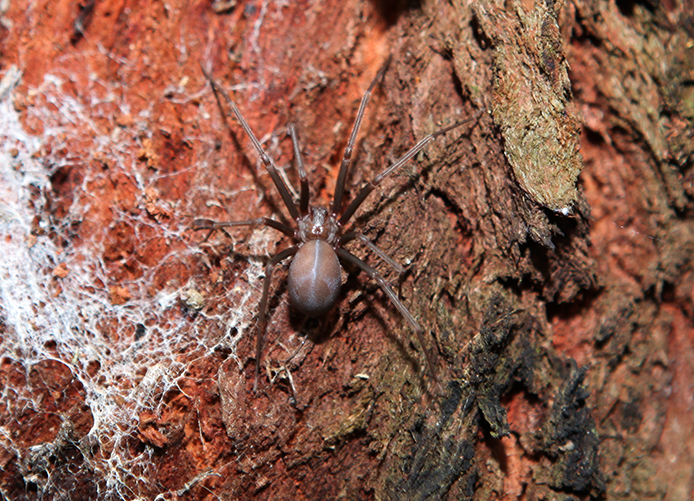Highlights
Loxoscelism
Tetracycline, an inhibitor of MMPs expression and activity, controls dermonecrosis and kidney injury induced by Loxosceles venom and its main toxin, the sphingomyelinase D (SMases D), in in vitro (human cells) and in vivo (mouse and rabbit) models. These data suggest that tetracycline may be a suitable therapeutic intervention for both cutaneous and systemic Loxoscelism. Based on the isolation of cDNAs encoding the C3-like and FB-molecules from the Loxosceles spider venom gland, we hypothesized that the expression of complement system genes is important to keep this organ free of pathogens, assuring the production of components such as SMases D, important for predation, defense and survival.
